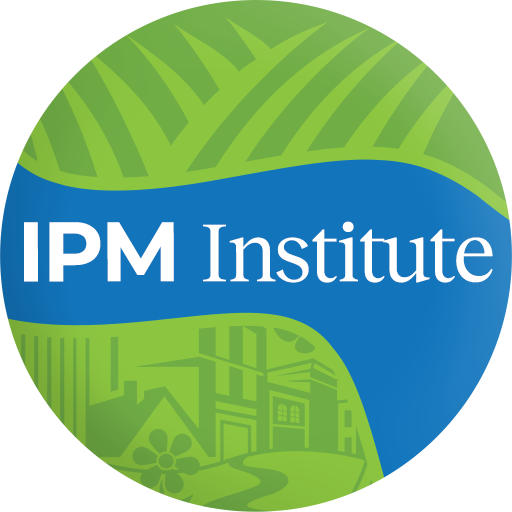Our team collaborated with Red Tomato over 15 years ago to develop an eco-label which promotes sustainable farm practices among Northeast apple and stone fruit growers. Today, we still partner together on the successful Eco Apple program.
THE CHALLENGE:
Climate and growing conditions in the Northeastern United States allow many pests to thrive and result in fruit growers struggling with pest management and pesticide use. These conditions make organic production very challenging and as a result, 93% of certified organic apples in the US come from eastern Washington. The Eco Apple® program provides recognition for growers in the Northeast who produce sustainable and local fruit for consumers using advanced integrated pest management (IPM). Practicing IPM includes applying biological controls, habitat manipulation, and resistant varieties before pesticides. Overall, adopting IPM means managing pests without sacrificing the health of people, the environment, and the crop.
OUR ROLE:
The Eco fruit program began in 2004 as a partnership among Red Tomato, our parent organisation IPM Institute of North America and a network of fruit growers and land grant scientists. We created a self-assessment and production protocol for the Eco Apple program, and we manage the annual certification process.
We continue our partnership with Red Tomato on this project, providing scientific and technical expertise on IPM practices and strategic planning to help Red Tomato increase traction in the marketplace for their Eco brands. We also continue to work with growers regularly through monthly conference calls and an in-person annual meeting.
Eco Apple promotes many practices of sustainable agriculture, including; soil and water conservation, pesticide risk reduction, pollinator protection, energy usage, waste management, and more!
THE OUTCOME (UPDATED JANUARY 2020):
- As of 2019, over 1400 acres of apples and stone fruit have been certified.
- Over the last 15 years, high risks generated from pesticide use have decreased by 59% on some orchards.
Pollinator conservation continues to be a top priority for Eco Apple growers. Dr. Bryan Danforth of Cornell University conducted a wild pollinator study comparing bee populations on Eco Apple certified orchards and conventional orchards. The study displayed a large difference in species richness and abundance. Danforth reported:
“We surveyed bees in conventional and Eco Apple orchards and found a striking difference between the two… The Eco Apple orchards host many more species and many more individual bees.”
The Eco Apple program continues to make it possible for growers to provide eaters and grocery buyers in the Northeast with healthy, locally grown fruit. For more information about the results of the program, please go to https://redtomato.org/eco-fruit/


